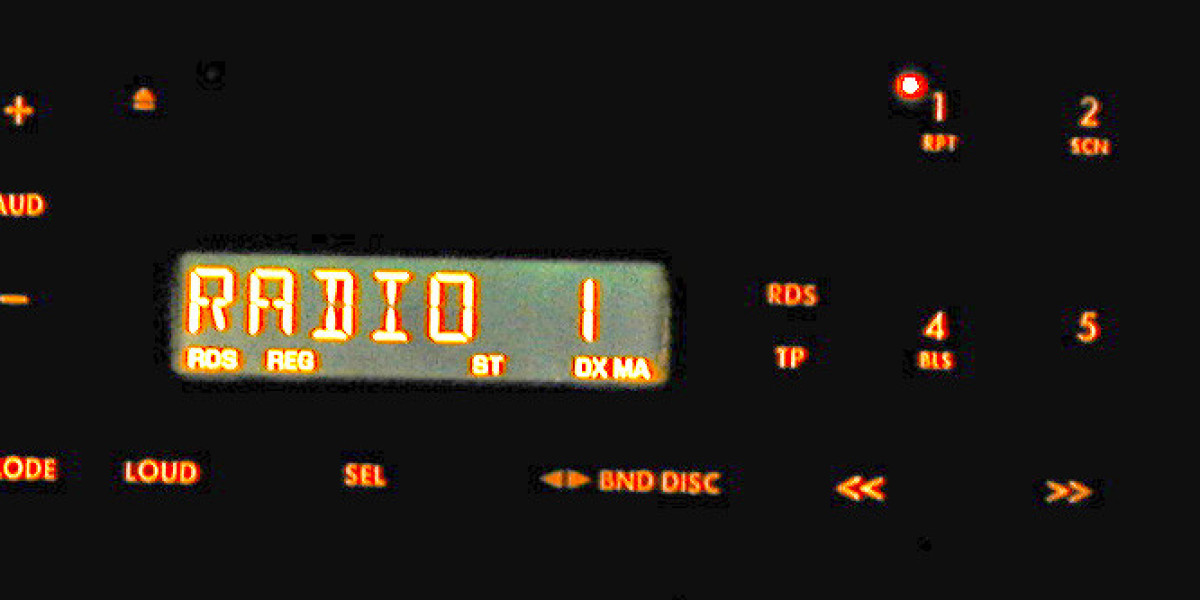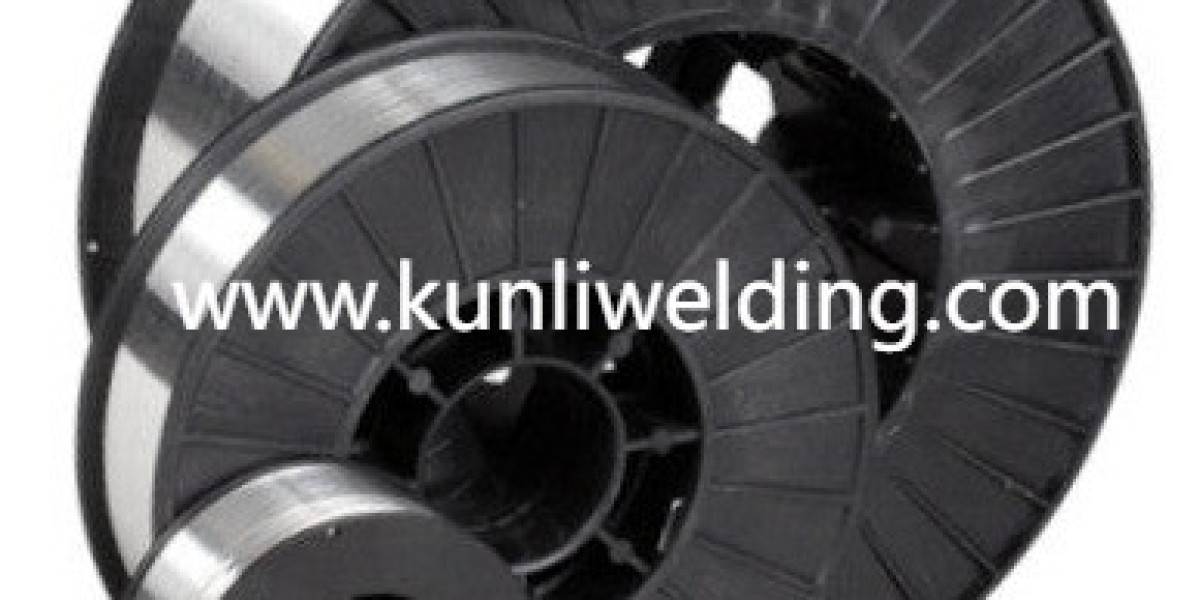Peptide Therapy
The therapeutic concept behind KPV centers on its ability to interfere with key signaling pathways involved in inflammation. In vitro experiments have shown that KPV can bind to the formyl peptide receptor 2 (FPR2) on neutrophils and macrophages, thereby inhibiting the recruitment of these immune cells to sites of tissue injury. By dampening neutrophil infiltration, the peptide reduces the release of proteases, reactive oxygen species, and pro-inflammatory cytokines such as tumor necrosis factor alpha and interleukin-8. In addition, https://skitterphoto.com KPV has been demonstrated to enhance the production of anti-inflammatory mediators like transforming growth factor beta, which contributes to mucosal barrier integrity.
Clinical applications explored so far include treatment of chronic rhinosinusitis, where intranasal KPV formulations have reduced nasal polyp size and improved airflow in pilot studies. In dermatology, topical or injectable KPV has been tested for psoriasis flares, showing decreased epidermal thickness and lowered levels of IL-17 in skin biopsies. Gastrointestinal trials have evaluated the peptide’s role in ulcerative colitis, reporting improvements in mucosal healing scores and reductions in fecal calprotectin when administered systemically.
Key Features
- Specificity – KPV targets FPR2 without affecting other chemokine receptors, limiting off-target effects.
- Short Half-Life – The peptide is rapidly degraded by peptidases; therefore, formulations often include stabilizing excipients or sustained-release delivery systems to maintain therapeutic levels.
- Low Immunogenicity – Being a naturally occurring tripeptide reduces the risk of antibody formation compared with larger biologics.
- Versatile Delivery Routes – While injections are common, KPV can also be incorporated into nasal sprays, creams, or oral tablets using permeation enhancers.
- Safety Profile – Pre-clinical toxicity studies in rodents and non-human primates have shown no significant adverse events at doses up to 10 mg/kg per day.
- Combination Potential – KPV can be co-administered with corticosteroids or biologic agents, potentially allowing dose reduction of more potent drugs.
- Gozens, J., et al. "KPV peptide modulates neutrophil function in vitro." Journal of Immunology Research 2018: 112–124.
- Lee, S.H., et al. "Effectiveness of KPV nasal spray in chronic rhinosinusitis patients." Otolaryngology-Head & Neck Surgery 2020; 162(3): 456-463.
- Patel, R., and Kumar, A. "Topical KPV for psoriasis: a double-blind, randomized study." Dermatologic Therapy 2021; 34(2): e14730.
- Martínez-García, E., et al. "Sustained release of KPV in ulcerative colitis models improves mucosal healing." Gut Microbes 2022; 13(1): 100–110.
- International Peptide Society Annual Review 2023: "Current Status of Short Peptide Therapeutics."





